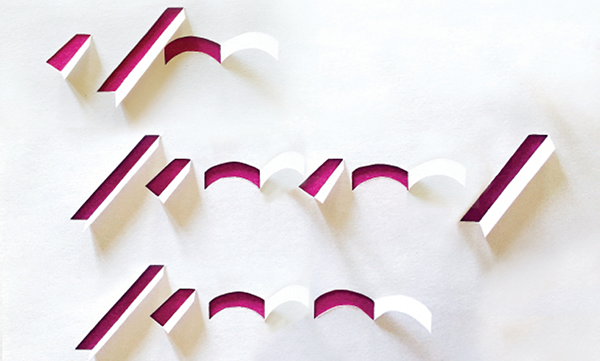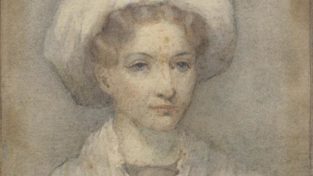The Maven: How to Read a Poem

Many people are scared of poetry. They say that they can’t understand it and don’t know how to read it, and some simply choose to avoid reading poems entirely. How does this happen? When did poetry become something intimidating and inaccessible?
Start young and have fun.
Many of the essential joys of poetry are the first ones we experience with language. Young children delight in the sounds they make and hear. The first words that children speak emerge like a repetitive chant. In that way, a child’s first words are like a first poem. Children love to rhyme, and many children’s first books are rhymed books. (Think Dr. Seuss.) Rhyming is fun. Words are fun. In elementary school, a playful approach to language is maintained, but it doesn’t last for long.
Form an emotional connection.
We may be put off by poetry because of how it is taught. Students are asked to discern the meaning of a poem and analyze structure and meter when they should first be asked to describe how the poem makes them feel. A poem should work a bit like a dream. Part of it may be very intense and resonate deeply within you. Other parts may hold less meaning. That’s okay. The great French lyric poet Stéphane Mallarmé believed that suggestion makes you dream. A good poem has the same quality. It should evoke a memory or connect to an emotion or experience. It should articulate something that is difficult to describe in one sentence. A reader’s immediate associations with a poem are immensely important and need to be emphasized. Every poem should be read with this in mind.
Fall into the experience.
Try to think about poetry the way you think about art or music. Are there songs that you love to listen to repeatedly even if you don’t understand the lyrics? Have you seen an abstract painting that you responded to intensely even though you couldn’t explain why? The next time you encounter a poem, read it aloud to yourself. Enjoy the sounds, and then let the language take you someplace new. Let yourself fall into the dream created by a handful of words.
Listen beyond the language.
When I was in graduate school at New York University, I studied with Nobel Prize winner and US poet laureate Joseph Brodsky (who also taught at Mount Holyoke from 1974 until his death in 1996). My husband and I went to hear him read his poetry in Russian. We did not understand a word of it, but we experienced the essence of each poem—heartbreak, love, injustice, joy. It was moving and entertaining, and it is an experience we remember and cherish. This poetry reading embodies what I am trying to describe.
—By Marjory Heath Wentworth ’80
 Marjory Heath Wentworth ’80 has been the South Carolina poet laureate since 2003. A five-time Pushcart Prize nominee, she is the author of four collections of verse. Wentworth teaches at the College of Charleston and The Art Institute of Charleston and is cofounder and past president of the Lowcountry Initiative for the Literary Arts, an outreach organization with the mission to nurture and promote literary arts in South Carolina.
Marjory Heath Wentworth ’80 has been the South Carolina poet laureate since 2003. A five-time Pushcart Prize nominee, she is the author of four collections of verse. Wentworth teaches at the College of Charleston and The Art Institute of Charleston and is cofounder and past president of the Lowcountry Initiative for the Literary Arts, an outreach organization with the mission to nurture and promote literary arts in South Carolina.
This article appeared in the spring 2015 issue of the Alumnae Quarterly.
Are you a maven?
Pitch us your area of expertise at quarterly@mtholyoke.edu.
April 13, 2015










Leave a Reply